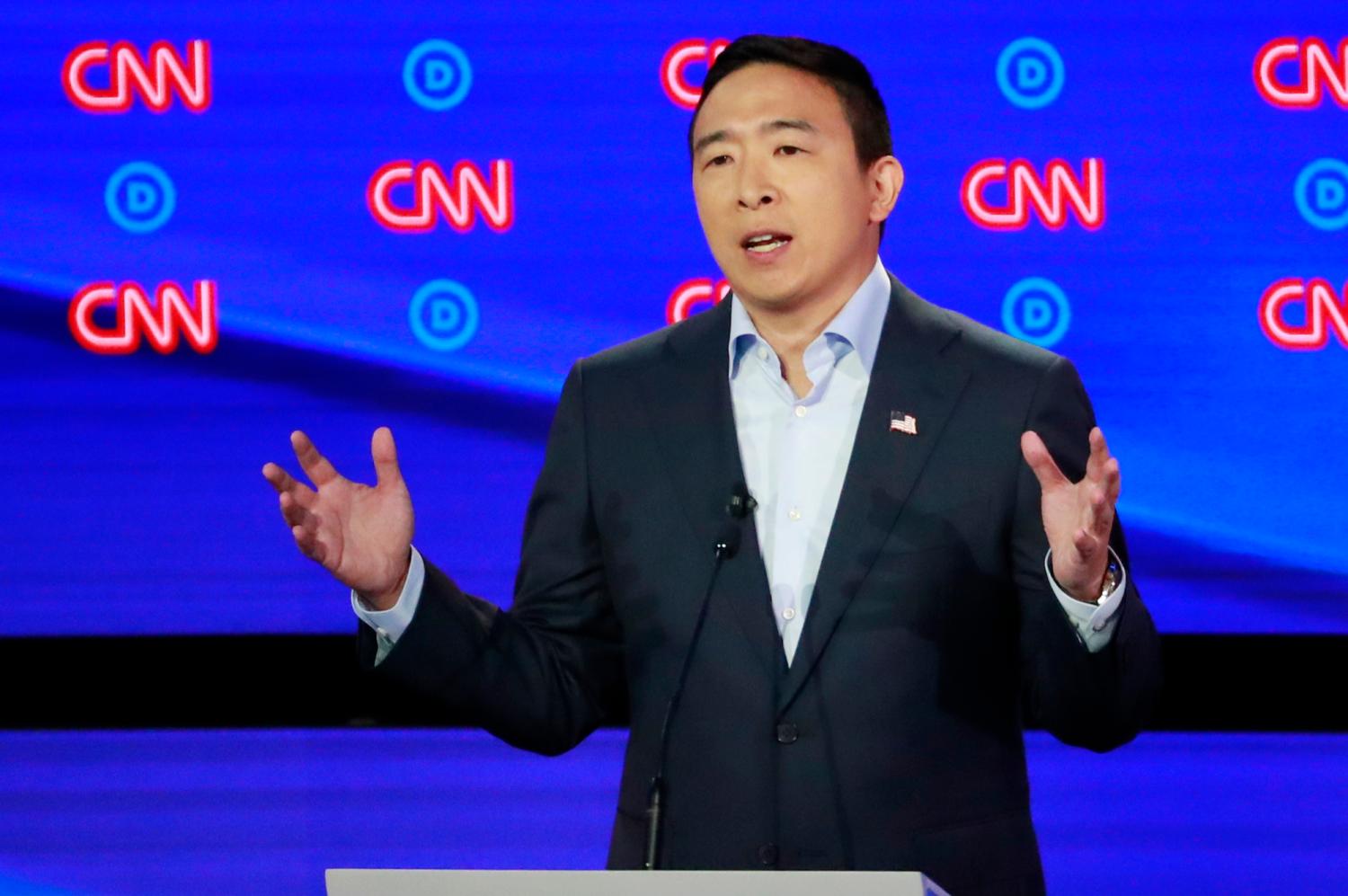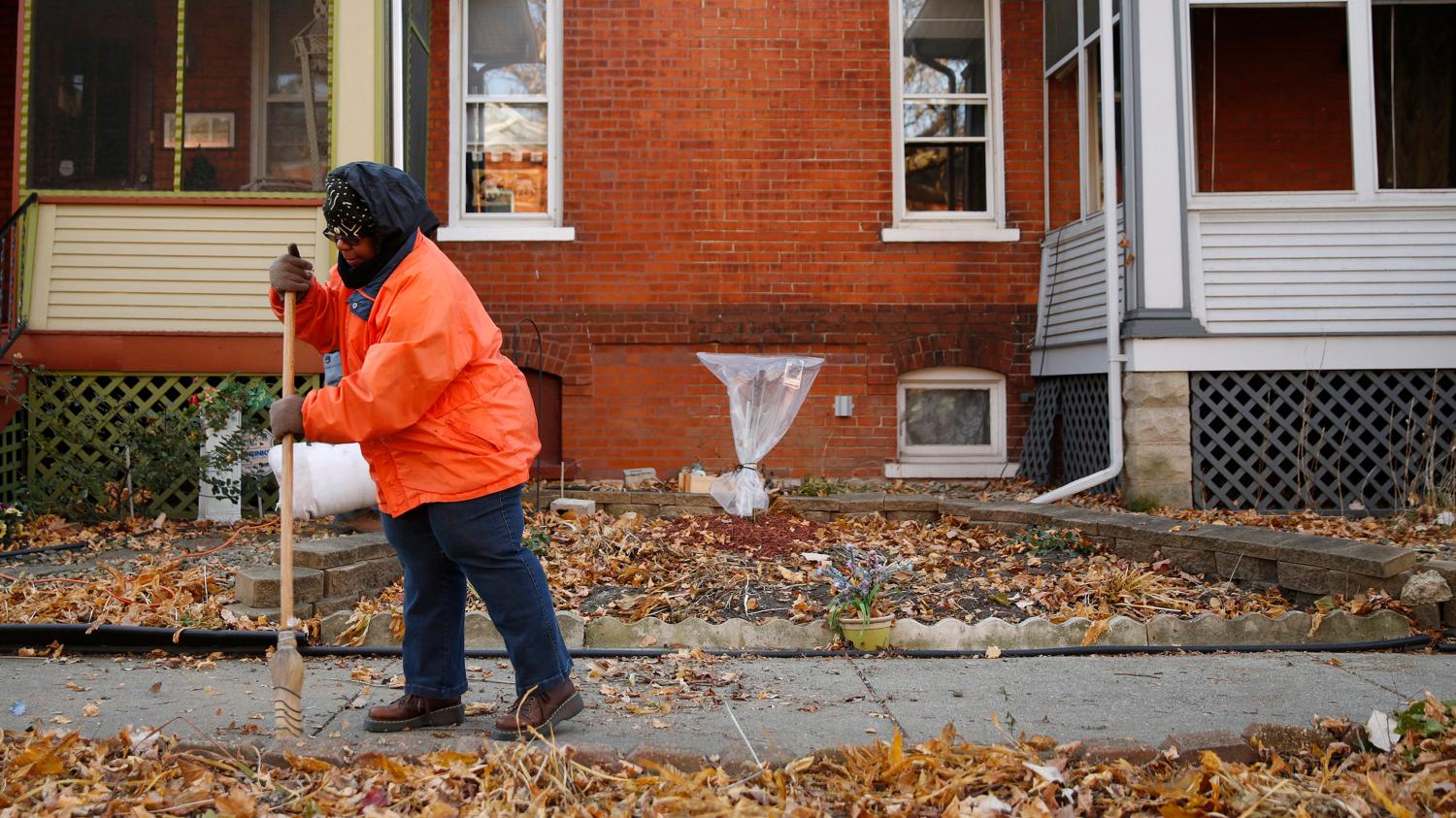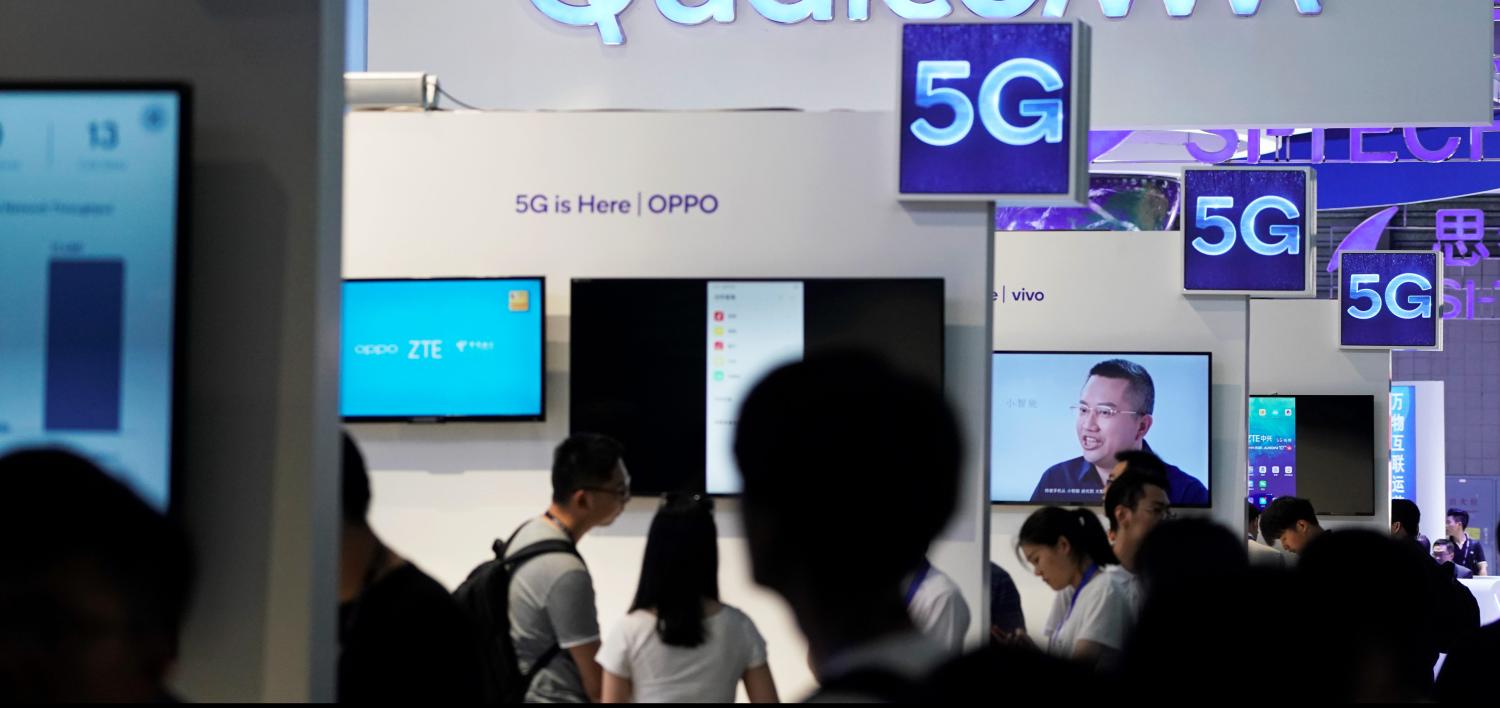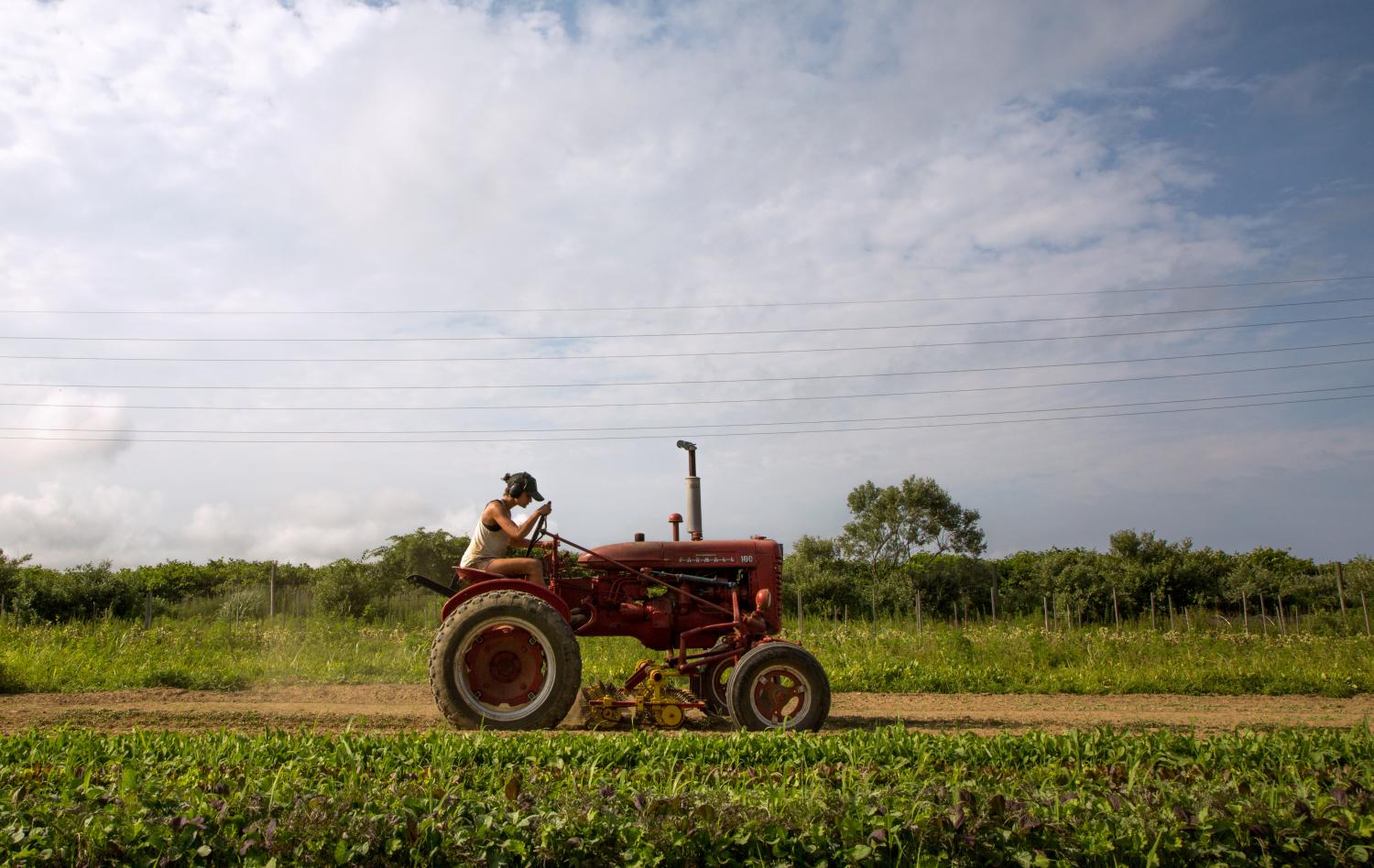A small sampling of the research and commentary produced by Brookings experts during the month of October.
1. THE FIGHT AGAINST THE ISLAMIC STATE CONTINUES
Daniel Byman offers lessons from the death of Islamic State leader Abu Bakr al-Baghdadi. “The collapse of the Islamic State’s caliphate, and now the reported death of Baghdadi, deprive the group of one of its most important recruiting pitches and have put it on the defensive, forcing it to focus on surviving rather than conducting attacks on the West,” he writes. However, despite heavy losses, both al-Qaida and the Islamic State continue to survive, so it is important to work with allies to destroy or prevent havens from forming and continue to hunt group leaders.
2. UNIVERSAL BASIC INCOME DOES NOT REDUCE INEQUALITY
Melissa Kearney and Magne Mogstad examine the motives behind and consequences of a Universal Basic Income. They argue that UBI is extremely expensive, while doing little to reduce inequality or increase social mobility and opportunity. “Instead of a UBI,” they write, “the federal government should pursue a pro-work strategy of income support, paying wage subsidies to low-wage workers along with targeted transfer benefits consisting of both cash and near-cash types of support paid to the most needy individuals and households.”
3. WORKFORCE CAPABILITIES SURPASS OTHER DRIVERS OF ECONOMIC DEVELOPMENT

Joseph Parilla and Sifan Liu argue that local and state economic development should focus on human capital talent development. While leaders recognize the importance of a skilled workforce, “behavior and institutional change is slow. It requires trailblazing innovators, fast followers, and eventual widespread adoption of new tools and organizational approaches.” Maximization of economic development means a shift in hiring norms, training, and economic development organizations.
4. REDLINING MAPS ARE INSUFFICIENT TO ADRESS RACIAL INEQUALITIES IN HOUSING
Andre Perry and David Harshbarger examine the use of redlining maps in Democratic candidates’ proposals for combatting discrimination. Redlining, the process of outlining certain areas with large Black populations to warn lenders, has contributed to the disparity between home ownership and wealth seen between Black and white people. However, “the racial makeup of the population in redlined areas has grown and evolved dramatically over the last eight decades,” they write, “and the effects of the practice have spread beyond the confines of the original maps.”
5. NATIONAL SERVICE COULD BETTER AMERICA’S CIVIC HEALTH

“America’s civic health is in significant decline,” write John Bridgeland and John Dilulio in a new report from the Future of the Middle Class Initiative at Brookings. In order to address this, they propose a year-long national service program, which would bring together people of varying races, backgrounds, income levels, and areas of the country. “ Americans of every demographic description and socioeconomic status, most particularly young adults, should be expected—and given the opportunity—to serve their country, help solve our nation’s most pressing problems, and by sharing the hardship and fulfillment that service can offer, bind themselves to one another and to the nation,” they write.
6. 5G EXPANDS CYBERSECURITY RISKS
Tom Wheeler and David Simpson present five cyber risks of 5G, stating that switching to 5G will increase speed, but will also have effects spanning decades. “Never have the essential networks and services that define our lives, our economy, and our national security had so many participants, each reliant on the other—and none of which have the final responsibility for cybersecurity,” they say. There may be a lack of corporate incentive to address these risks, which is why there needs to be a government mandate for security, Wheeler and Simpson argue.
7. URBAN “THINKSCAPES” IMPROVE CHILDREN’S LEARNING AND DEVELOPMENT

“Experiments are underway to explore how to maximize ‘the 80 percent’ of time that children spend outside of school by infusing deliberate learning opportunities into everyday spaces where families regularly gather, such as bus stops, laundromats, and supermarkets,” writes Jenny Perlman Robinson in a new Center for Universal Education report. “As simple as this concept may sound, it has the potential to be revolutionary, given the vast learning challenges and inequities that children face across the country and around the world.” According to a pilot study, these Urban Thinkscapes increase conversations that help with children’s development more than a traditional playground.
8. GEOGRAPHIC MOBILITY IMPROVES WELL-BEING
Carol Graham and Sergio Pinto have been studying “deaths of despair” in the United States, and have found that geographic mobility has significantly decreased, adding to the higher rates of despair. Those who live in communities with less mobility generally have lower levels of well-being; they are more satisfied with their current lives but pessimistic about the future. “These trends reflect a ‘happy peasant and frustrated achiever’ pattern that we have found in developing economies,” they note, “where respondents with higher levels of upward mobility have lower levels of life satisfaction today, but higher aspirations for their futures, while those with lower mobility are content today but have lower aspirations.”
9. REVERSE MORTGAGES COULD IMPROVE RETIREMENT SECURITY

Martin Bailey, Benjamin Harris, and Ting Wang study reverse mortgages, which allow homeowners to take out loans against the equity of their house to be repaid only after they no longer live in the home. This could be very helpful to those who have retired and lack financial assets, while holding on to home equity. However, the authors observe, there are many limiting factors, including problems on both the supply and demand side that result in only one percent of eligible homeowners taking advantage of these programs. “While we are skeptical that reverse mortgages will become a widespread pillar of American retirement, there is economic justification for the product to play an expanded role in helping older Americans achieve a secure livelihood,” they write.
10. MULTILATERALISM IS UNDER ATTACK; TO SURVIVE, IT MUST ADAPT TO THE GEOPOLITICAL CLIMATE

Will Moreland writes that, “given the United States’ key role in creating and, largely, upholding the multilateral order, it is not surprising that considerable international concern over multilateralism’s future has been framed, explicitly or implicitly, around changing U.S. rhetoric and policy under the Trump administration.” Multilateralism has been key to preserving peace, addressing common threats and increasing prosperity, he says.
The Brookings Institution is committed to quality, independence, and impact.
We are supported by a diverse array of funders. In line with our values and policies, each Brookings publication represents the sole views of its author(s).







Commentary
10 things we learned at Brookings in October
October 31, 2019